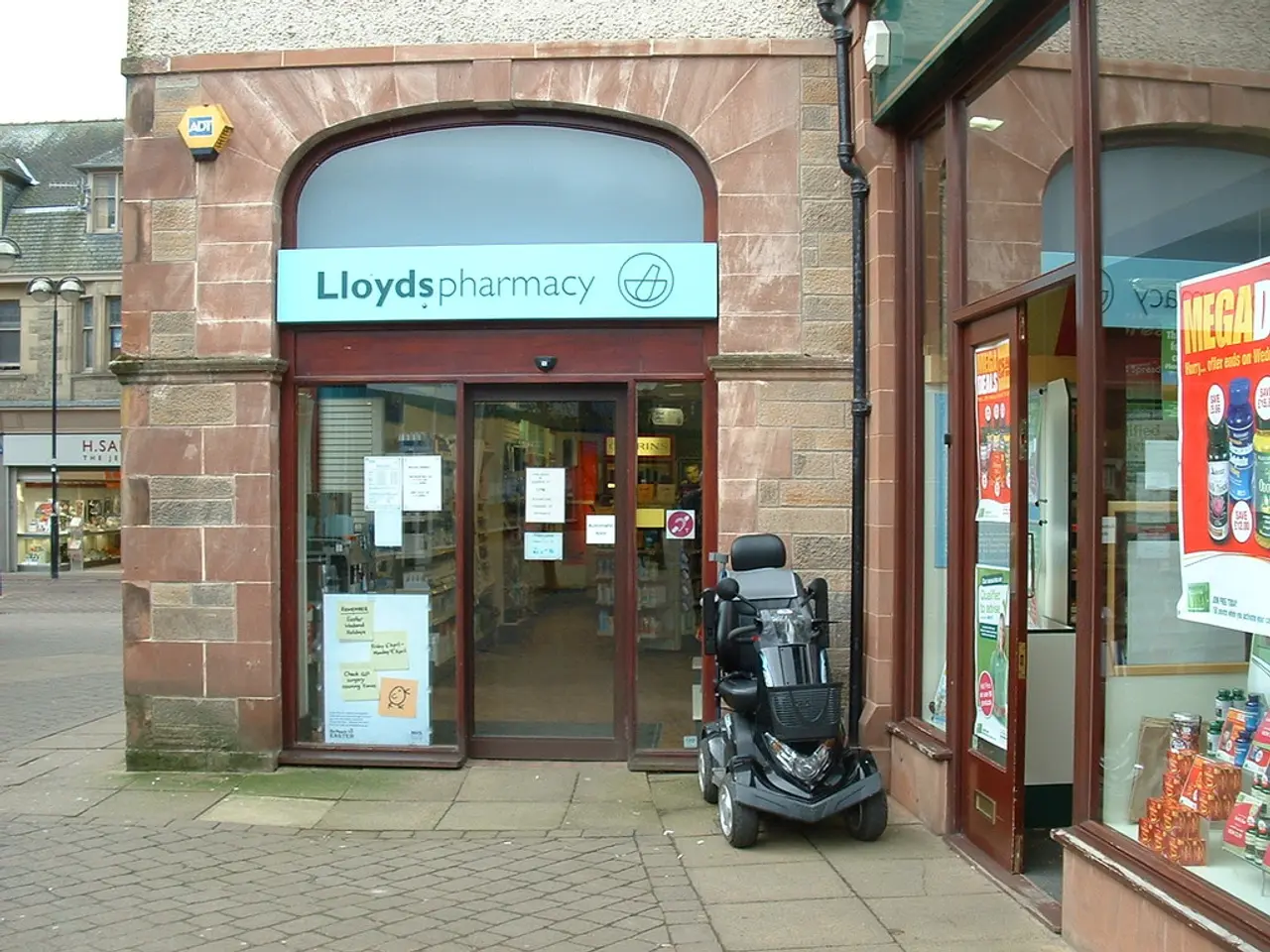U.S. tariffs on pharmaceutical products cause industry unease
The potential imposition of 200% tariffs on pharmaceutical imports by the U.S. has sparked concerns and discussions across the European pharmaceutical industry. Here's a closer look at the potential impacts on the European pharmaceutical sector and patient care.
### Impact on the European Pharmaceutical Industry
The proposed tariffs could significantly increase the cost of exporting pharmaceuticals to the U.S., potentially reducing profitability for European companies. This could lead to higher prices for consumers or reduced investment in research and development. In response to these threats, companies like Sanofi, Eli Lilly, Johnson & Johnson, Novartis, and Bristol Myers Squibb have already announced investments in U.S. manufacturing.
The tariffs could also escalate trade tensions between the U.S. and Europe, potentially leading to retaliatory measures that could further disrupt global supply chains.
### Impact on Patient Care
The increased cost of drugs could be passed on to consumers, potentially leading to higher healthcare costs and reduced access to medications for some patients. Moreover, higher costs and supply chain disruptions could lead to drug shortages if companies struggle to maintain production levels at viable prices.
### Reactions from the Industry
Industry leaders such as Han Steutel, head of an industry association, have expressed skepticism about the feasibility of imposing such high tariffs, calling them "impractical" and "highly inflationary." Steutel has also warned of potential risks to patients due to the tariffs.
The Association of Research-Based Pharmaceutical Companies (vfa) shares these concerns, fearing that 200% tariffs on European medicines would have significant consequences for global value chains and the cost of medicine production.
### European Regulatory Landscape
Meanwhile, in Germany, the pharmaceutical industry is grappling with the aftermath of the GKV Financial Stabilization Act, which has damaged the industry's competitiveness. The industry is urging the new government not to impose new mandatory discounts. Steutel has also called for the removal of hurdles in the collection of patient data for research to speed up the approval process.
On a positive note, Steutel does not expect prices in Europe to rise in response to potential 200% tariffs on pharmaceutical imports to the U.S.
In conclusion, the proposed tariffs could lead to significant changes in how pharmaceuticals are produced and distributed, potentially affecting both the industry's bottom line and patient access to medications. The European pharmaceutical industry and patient care are closely watching the developments unfold.
Community policy deliberations might involve discussions on the potential impacts of 200% tariffs on pharmaceutical imports, considering the possible effects on corporate profitability, research and development investments, and ultimately, patient care. Meanwhile, science and health-and-wellness sectors could benefit from the collection of patient data for research, as suggested by Han Steutel, to expedite the approval process, thus promoting innovation.




